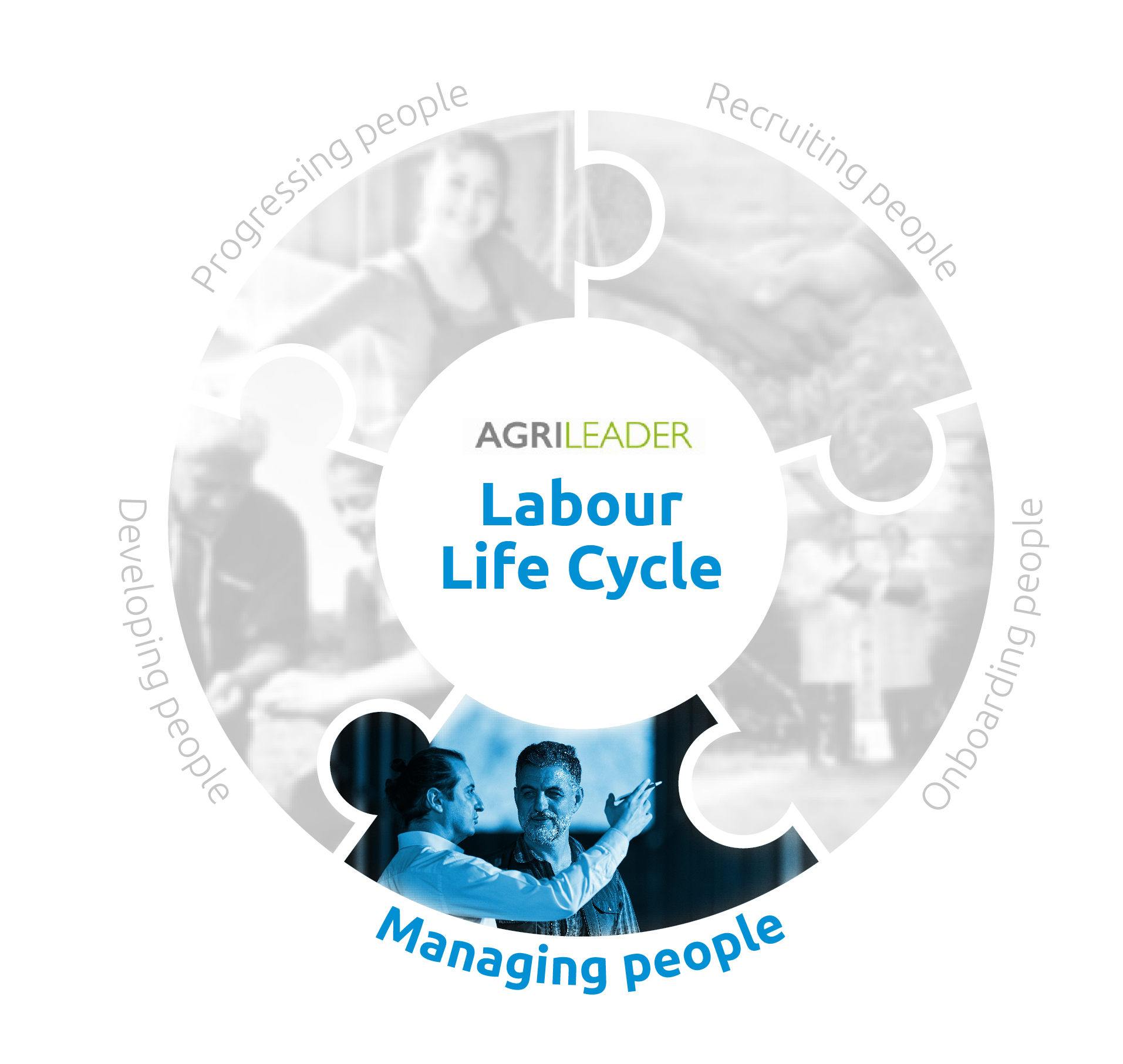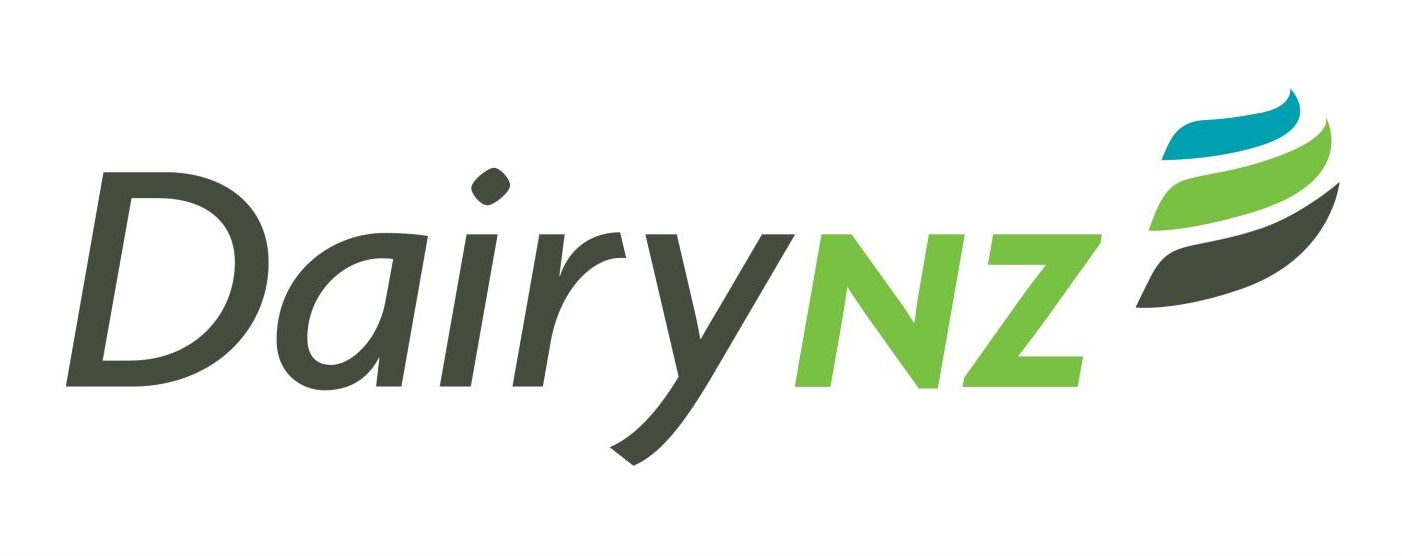- Home
- Managing people
Managing people
There’s lots to think about when you’re managing people: how to communicate and delegate effectively, how to track performance, and how to inspire, motivate, reward, and keep great employees on your farm team. You also need to learn how to step in and help if things go wrong.
Back to: Labour life cycle in agriculture
Appraisals and performance reviews
An annual appraisal is a formal review of an employee’s progress to date, as well as an opportunity to plan their development for the future. Annual appraisals should be supported with more regular performance reviews to ensure targets from the appraisal stay on track.
Use the resources on this page to get ahead with your appraisal planning and learn how to record and use your sessions to help your employees thrive in their roles. There’s also more useful information on our setting objectives and staff appraisals pages.

A performance review is usually a less formal catch-up that happens more frequently than an appraisal. It serves as a check-in point to see how things are going throughout the year, allowing employers and employees to reflect on and assess performance together. It also paves the way for an informed appraisal at the end of the year.
Communication
Being an effective communicator is one of the most important parts of being a good people manager. Learn to understand different communication styles and get some useful tips on our Team communication for farm businesses page.

Watch: How to listen and channel your employees voice, from Matt Phelan at The Happiness Index

Our handy tips on building trust
Delegating to your team
The hardest part about delegating is learning to let go. When you stop trying to control all the little things yourself, you empower others in your team by giving them a chance to improve and contribute more. You also give yourself back some time to get on with what you need to do, rebalancing your workload and preventing you from feeling overloaded.
Use the tools below to learn how to delegate and get the balance just right for you and your team.
Motivating, rewarding and retaining your staff
Think about what motivates the individuals who work for you. This may differ depending on their personalities, work styles, or even their generational backgrounds. Put the work in to engage your employees; get it right, and you’ll have a team of people who are committed to and enthusiastic about their roles and the farming business. And that means they will be more likely to stay with you long term.

Our webinar: Farm staff recruitment, retention and motivation

About generational differences in the workforce so you can motivate, reward and retain great people
Managing poor performance, grievances and misconduct
However hard you try, things don’t always go to plan in the workplace. If serious problems arise in an employee’s performance, don’t just hope for the best. If you address issues early on, you can save yourself a lot of trouble and support the person to get back on track.
Right from recruitment and onboarding, emphasise the importance of high standards and reinforce them during one-to-one meetings and performance reviews. The more clarity there is, the easier it is for everyone to meet expectations and recognise when they are falling short.
Dealing with poor performance
A staff handbook gives you a sound base to work from when you need to deal with poor performance. The handbook should cover all your policies and procedures as well as the behaviour and results you expect from employees.
As soon as you are aware of poor performance:
- Talk to the person about it
- Highlight what is not going well and exactly how you expect them to improve
- Ask their point of view and assess if the initial discussion will be enough to change the behaviour
- Agree on a date by which performance should be improved
- Think about initiating some training, coaching or teaming the person up with a buddy
If performance has not improved by the agreed date, you will need to begin a more formal process.
Managing grievances at work
A grievance procedure is a formal way for an employee to raise a problem or complaint to their employer – it’s your responsibility as an employer to listen and respond appropriately.
If you don’t already have a grievance procedure in place, read the ACAS formal grievance procedure step-by-step guide
If you decide you need to proceed to disciplinary action after following the grievance procedure, read the ACAS disciplinary procedure
Dealing with misconduct in your team
Misconduct is defined as any form of wrongdoing in the workplace and can range from minor to serious. Find out more about how to investigate misconduct within your farm team.
DairyNZ has kindly given permission for AHDB to adapt their ‘People’ resources for use by the British dairy industry. We share a commitment to supporting the dairy industry and will collaborate to provide benefits to New Zealand’s and British dairy farmers.




